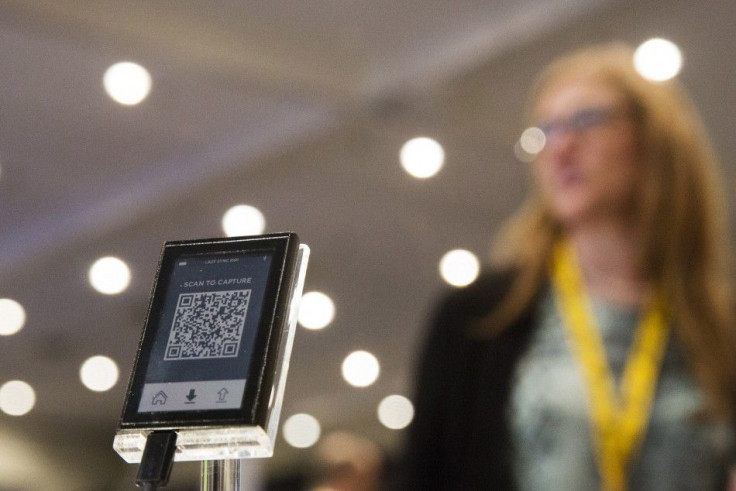Growing Number of Canadian Workers Opt to Receive Bitcoin Salaries

A payroll firm from Canada's Ontario Province has found that Canadians are now preferring to receive their salaries in Bitcoin rather than the traditional Canadian cash dollars. More surprisingly, many other workers are requesting about the payment option.
Shrad Rao, CEO of Wagepoint payroll firm, said that with the Bitcoin gaining popularity, they came up with the idea of the cryptocurrency payment option specifically geared towards Canadian workers and their salaries. They launched their idea in November 2013 without really expecting it will take off.
But Canadian workers bought the idea and saw its possible benefits. Ten months later, Rao said employees from at least 10 firms have signed up for the Bitcoin option. Many are still asking about it.
Most of the companies that registered for the cryptocurrency payment option are technology companies, whose workers, Rao told Canadian Press, have stronger interest in new innovations and aren't afraid to dabble in them.
Most shops and businesses in Canada still do not recognize Bitcoin as currency, moreso that the Canadian government ruled it out as legal in June.
Workers may choose to receive all or part of their wages in Bitcoins, Rao said. Whatever equivalent taxes are first taken from the Canadian dollar salary before any conversion is made on the remaining amount.
Rao gave the explanation because the Canada Revenue Agency still mandates that "any tax payable would have to be paid in Canadian dollars."
Despite the novelty, Cissy Pau of the Vancouver-based Clear HR Consulting believes the cryptocurrency payment option will only work among the tech sector. And that it will be a long time still before the Bitcoin gets fully recognised.
"I just can't see that in, say, Canada Post, a more traditional-type company with more traditional-type workers. I would suspect that people will be highly skeptical," Pau said.
Which Michael Perklin of Bitcoinsultants confirmed.
Perklin said that while he has not earned Canadian dollars since February, he is still forced somehow to use them in his most day-to-day transactions.
Owning a majority of virtual currency, he said he uses third-party services so he can conduct regular purchases and bill payments in Bitcoin. He also disposes some of his Bitcoins for cash.
He cited his mortgage as an example, which is paid for through a Canadian dollar chequing account but only after selling Bitcoins on online exchanges. The Canadian dollars are then deposited into the account.
"I have to interact with Canadian currency," he said. "That's a fact of live in the country I live in."





















